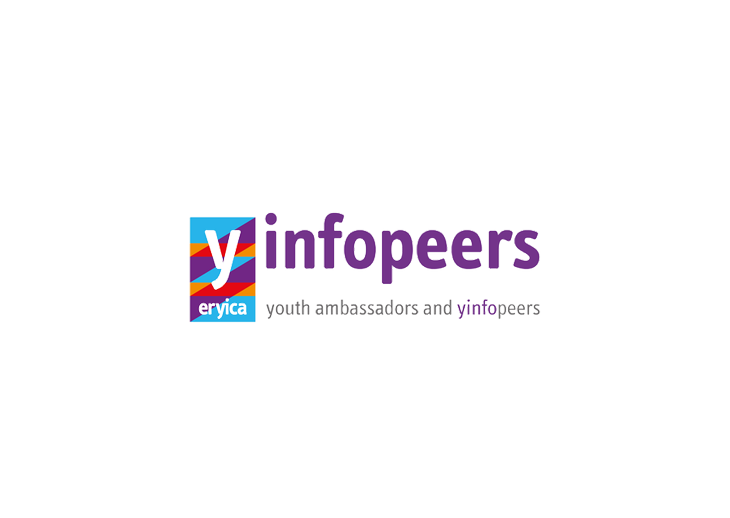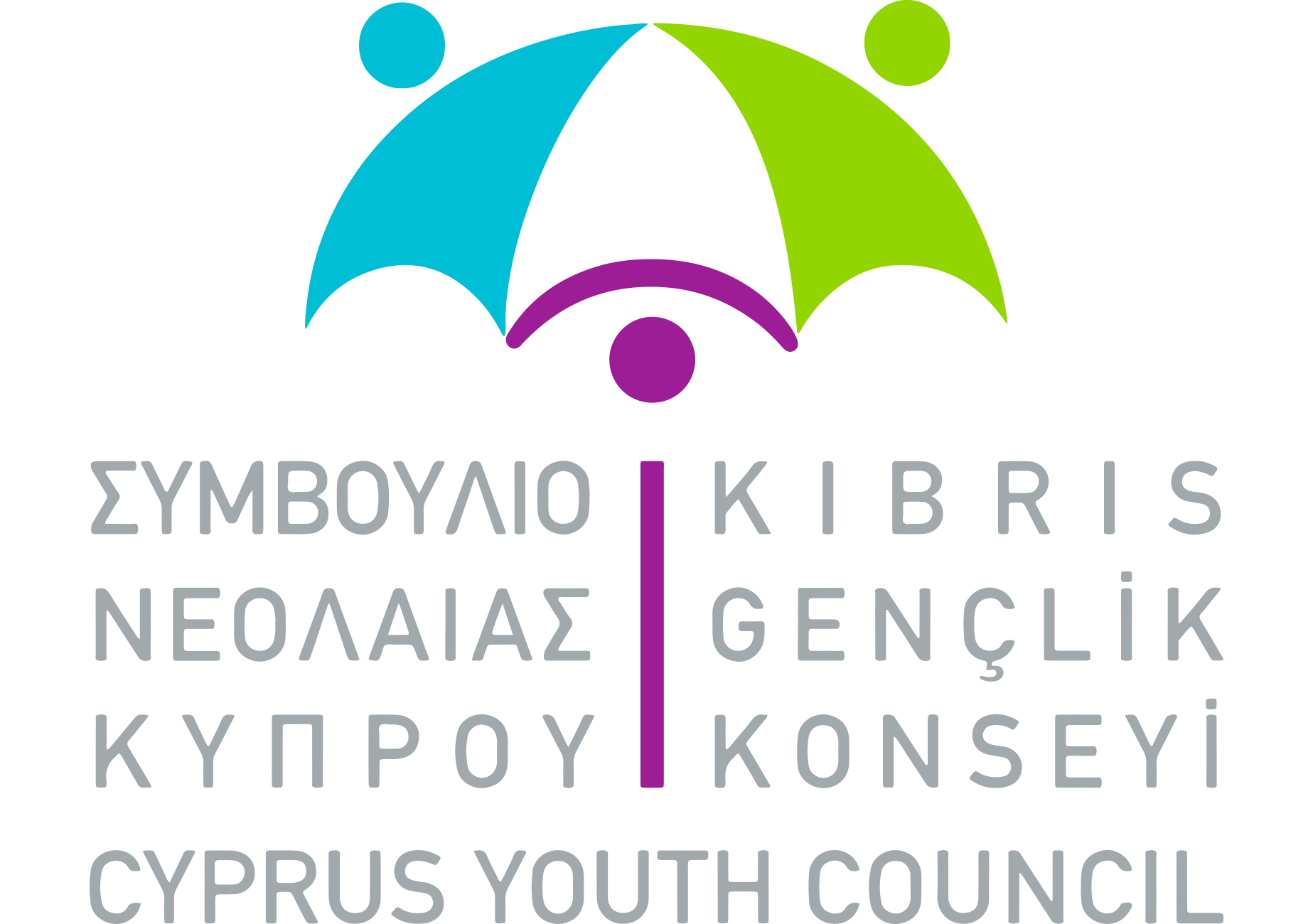
Project Duration: September 2021 – April 2023
Project Number: 2020-1-LU01-KA205-063213
Project Description:
The overall objective of the project was to train young people across Europe to become ambassadors for young people’s right to information, to be able to carry out local-level training with their peers and to gain skills and competencies in different areas that will help them influence decision-making processes.
The project recognized the potential of young people as key multipliers and stakeholders in the design, provision and dissemination of youth information services. The method of peer training is based on the belief that young people deliver a message to their peers that is often more credible and efficient than when it is delivered by authority figures. This is why peer-to-peer youth information is a valuable method to increase youth information services’ outreach, relevance and quality.
The main project activities and intellectual outputs consisted of:
- Co-creating and piloting the Youth InfoPEERs training manual, where young people will become peer educators in youth information and learn about the importance of grassroots-level peer-to-peer activities to ensure that more young people know about and make use of youth information and counseling services;
- Co-creating and piloting the INFObassadors training manual, where participants will learn about advocacy and decision-making processes at the European level;
- Creating and producing the iAdvocate Online MOOC on carrying out a successful online advocacy campaign designed by young people targeted at young people;
- Creating and implementing an online campaign together, the theme of which was decided on during the training but was closely related to Youth Goal 4 and the Sustainable Development Goals;
- Organizing a European-level seminar for decision-makers to raise awareness about the importance of accessing reliable and full information and to have the opportunity to discuss it directly with them, involving other young multipliers; and
- Carrying out national and local-level training multiplier events as part of their training programme. Young people learn by doing; they were assigned a task during their training and carried it out themselves after the training was over.
The main expected result was to enhance youth participation and raise awareness about the importance of young people’s right to information by creating resources that are made for and with young people. It aimed to ‘upskill’ young people, giving them experience in the governance of organizations and the opportunity to have a real impact on decision-making processes. It also aimed to think of ways to involve young people in a more sustainable way by giving them ownership of projects and campaigns and valuable life experiences.
The project consortium includes twelve partners from eleven different countries, as follows:
Coordinator:
European Youth Information and Counselling Agency (Luxembourg)
Partners:
- Youth Work Ireland (Ireland)
- Aġenzija Żgħażagħ (Malta)
- Cyprus Youth Council (Cyprus)
- Mladiinfo (North Macedonia)
- Catalan Youth Agency (Spain)
- MISSS (Slovenia)
- LOGO (Austria)
- Zajednica (Croatia)
- Youth Council of Valencia (Spain)
- Creativitas (Lithuania)
- European Peer Training Organisation EPTO (Belgium)
More information about the project activities and outcomes is available on the project website: https://www.eryica.org/project/yinfopeers
The complete Youth InfoPEERs Training Manual is available on the link below: https://www.eryica.org/training/infopeers The complete Youth INFObassadors Training Manual is available on the link below: https://www.eryica.org/training/infobassadors
